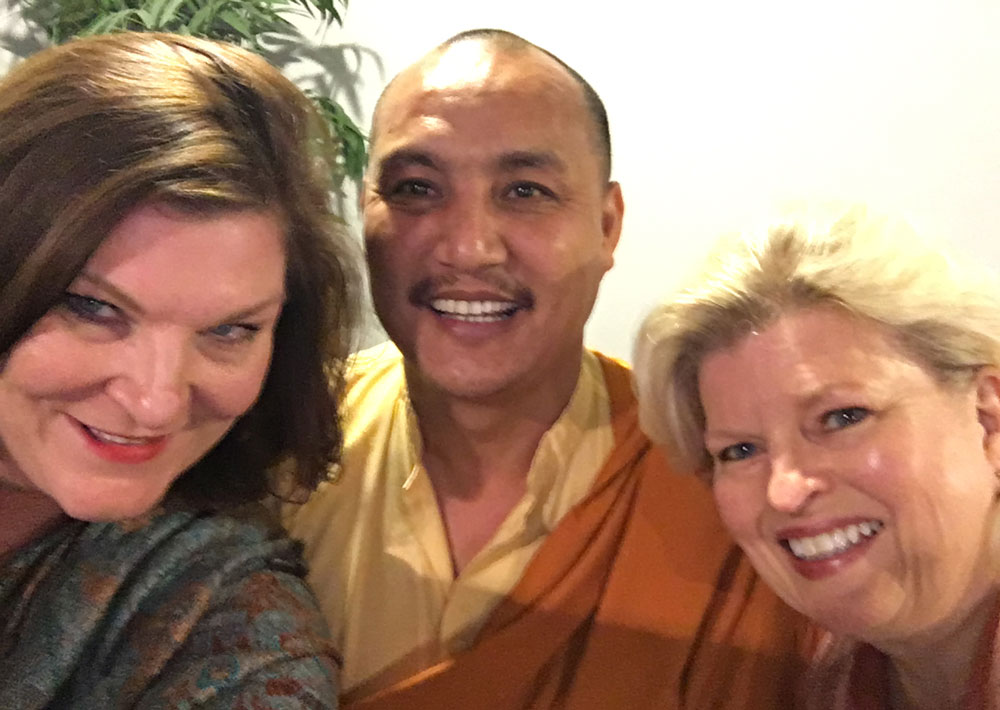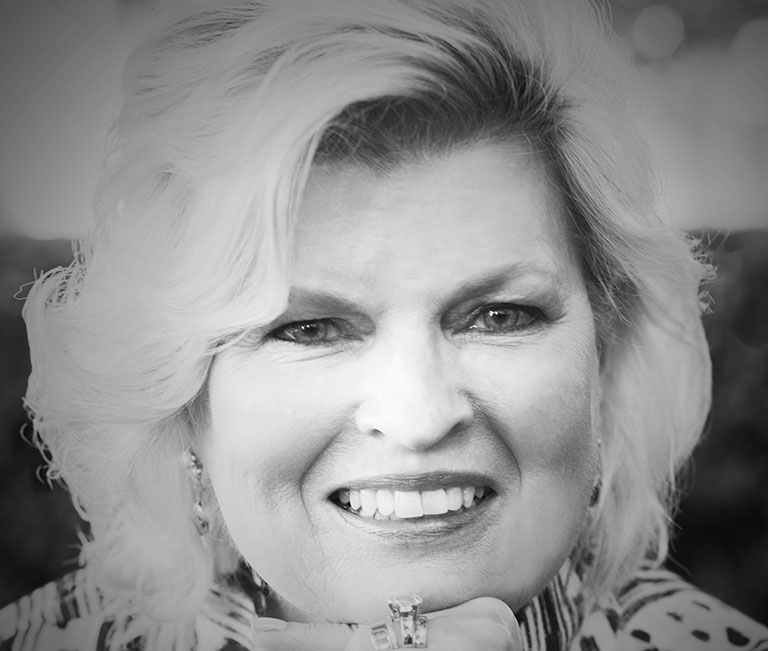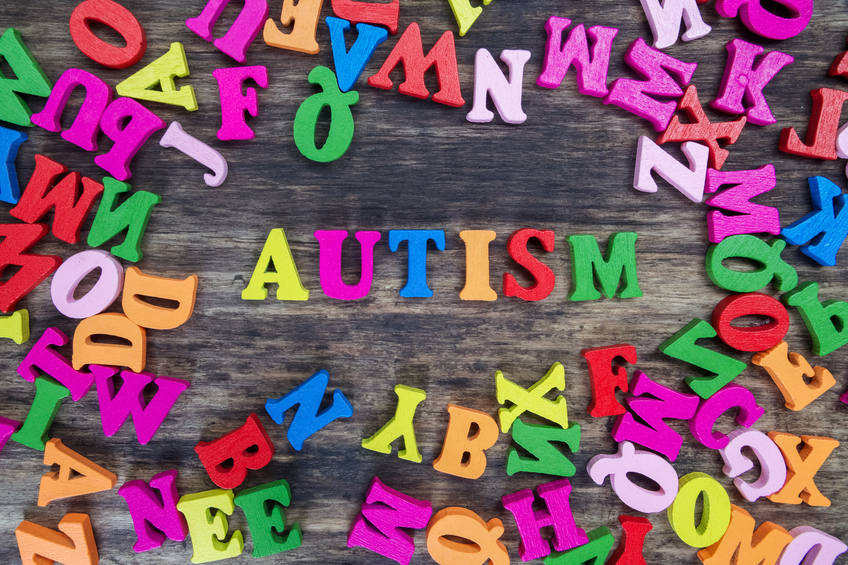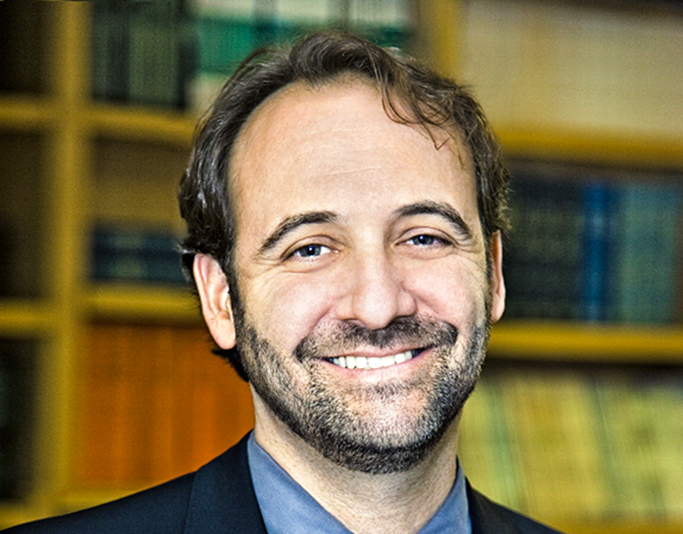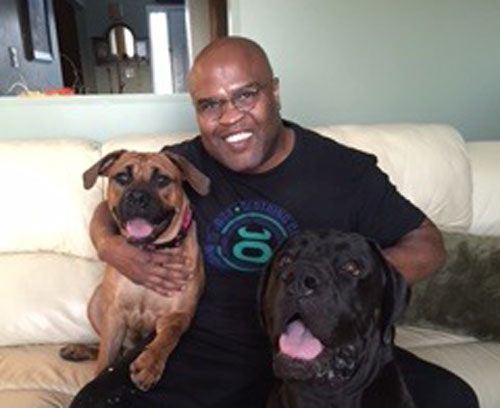Compassion In Action Coupled with Wellbeing
Last November I attended an event entitled Compassion In Action that Dr. Sonnee Weedn organized with guest Humanitarian Buddhist Monk Lama Tenzin Choegyal. Words cannot express how peaceful and inspiring the morning retreat was in which he blessed our work and inspired all of us. Lama Tenzin Choegyal shared his spiritual path and adventure that started in 2000 when he traveled with his two brothers through the Upper Dolpo region of the Himalayan border between Nepal, India and Tibet. During his journey he rescued abandoned and neglected children and founded an orphanage called the Children’s Education Development (CED) Society (http://www.cedhouse.org). At the present time there are over twenty children that are being educated and many are attending college. You can watch Walk the Waking Journey, an 80-minute documentary that is a four part series on YouTube that describes Lama Tenzin Choegyal’s journey with the children of the CED house. The children are being educated, loved, and are being raised to go back to their villages and/or be of service to the community at large.
The seed of attending this retreat was planted last July when I attended His Holiness, The 14th Dalai Lama’s 80th birthday party. I brought my husband one day and my sister and dear friends the next day.
Nobel Peace winners had all of us shouting “I have the power” as a reminder that we ALL can contribute with acts of love and compassion towards one another.
The desire to make an impact on a more global level was in my mind and I felt as though I would be traveling to India at some point soon – it was a deep inner knowing. When I met Lama Tenzin Choegyal and Dr. Sonnee Weedn in November of 2015 there was an unspoken shared alliance of being of service for OUR children. Dr. Weedn and I exchanged emails about her work as a transformational psychologist throughout the year and ways we could collaborate. I have humbly accepted her invitation to travel as her guest to Dharmsala, India to attend the 4th International Conference of Men-Tsee-Khang (Tibetan Medical Society) this October in which the topic will be: “Causes, Conditions and Remedies of Depression.” Dr. Weedn was invited to speak again by invitation from His Holiness, the 14th Dalai Lama and Men-Tsee-Khang. It is a great honor to have interviewed Dr. Weedn on my podcast this week in which we discussed many interesting topics with great emphasis on integrative wellness strategies.
Dr. Weedn discussed her presentation “8 Ways of Wellbeing” which is a compilation of the research Roger Walsh M.D., Ph.D. at U.C. Irvine that she presented at the 3rd International Conference of Men-Tsee-Khang (Tibetan Medical Society) in 2015.
Here are the 8 essential ingredients to good mental health or TLCs (Therapeutic Lifestyle Changes):
- Exercise – “Move it or lose it.”
- Relationships- “Friends can be good medicine.”
- Relaxation- “Examples are meditation and practicing mindfulness.”
- Time in Nature- ”Just twenty minutes of fresh air can be therapeutic.”
- Giving Back- “Acts of altruism.”
- Nutrition- “Honoring your body with healthy food choices.”
- Spiritual Practice- “Finding a community that emphasizes the practice of compassion and forgiveness.”
- Recreation- “It is important to play!”
To hear a more in depth evidence based research about the TLCs above, you can listen to my interview with Dr. Weedn here: https://www.drdenisemd.com/2016/07/dr-sonnee-weedn-ph-d-csat/
For more information on Roger Walsh M.D., Ph.D and his body of work check out: http://www.integralhealthresources.com/integral-health-2/therapeutic-lifestyle-changes/.
As a society we are living at a time when we are conditioned to getting “answers in real time” and with our advanced technology “instant gratification” is OUR new norm. Many people can benefit from modern day medicine when it is of absolute necessity, yet too often the “quick fix” of a pill is desired and lifestyle habits are ignored. Medicine has its place yet a “pill is not a skill.” Dr. Weedn and I discussed the evidence based wellness strategies above and we both agreed that prevention strategies and maintenance habits are key for mental health and overall wellbeing.
I would love to see the key ingredients of Dr. Walsh’s Therapeutic Lifestyle Changes be implemented globally and introduced to elementary school aged children and perhaps be called “Therapeutic Lifestyle Behaviors.” In the Manhattan Beach elementary school system here in Southern California the children are benefiting from Goldie Hawn’s MindUp program, a research base program with 15 lessons based in neuroscience ( http://thehawnfoundation.org/mindup/). Students learn to self-regulate their behavior and mindfully engage in focused concentration required for academic success with an emphasis on kindness and compassion as well.
Can you imagine a comprehensive global integrative wellness program that would be part of our school systems that covers the material from the MindUP program coupled with the 8 Therapeutic Lifestyle Changes? If we introduce these lifestyle habits to our children at a young age we can focus on prevention and wellbeing and set them up for a lifetime of thriving and resiliency.
Dr. Weedn and I covered many more topics on the podcast this week including her neurocoaching practice, her integration of her spiritual knowledge and her heartfelt work as the author of “Many Blessings A Tapestry of Accomplished African American Women” (http://www.manyblessingsbook.com)! She described this book as her greatest accomplishment.
I would like to express my gratitude for Dr. Weedn’s acts of compassion,, wisdom and significant contributions to wellbeing.
Dr. Denise

